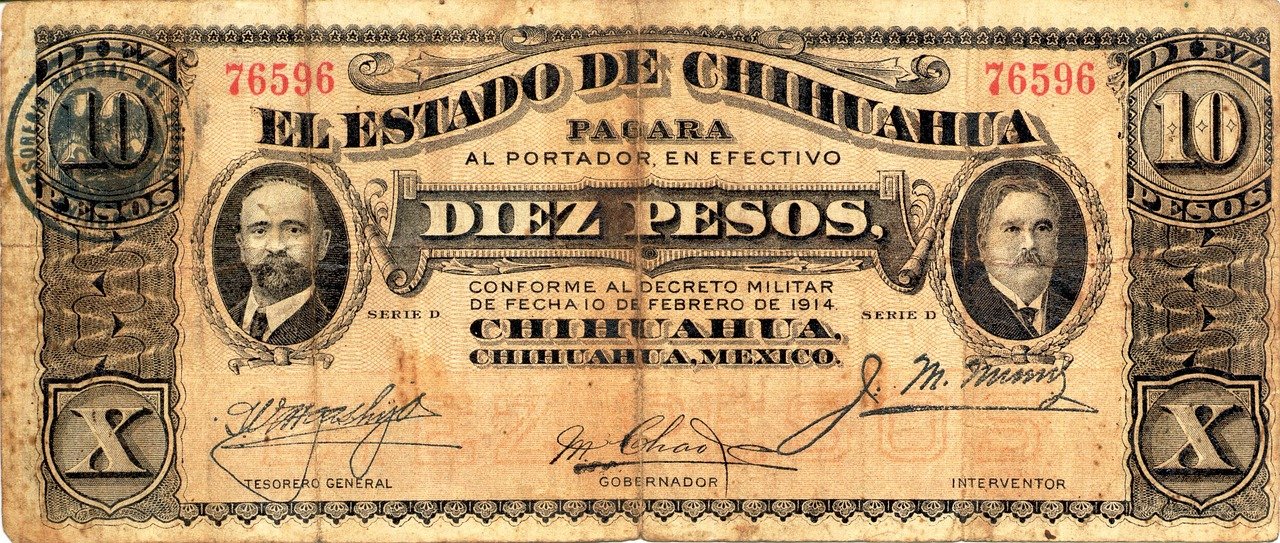Financial independence: the phrase itself conjures images of early retirement on a sun-drenched beach, free from the daily grind. But it’s so much more than just that. Achieving financial independence is about gaining control over your life, empowering you to make choices based on your passions and values, rather than being dictated by financial necessity. This comprehensive guide will walk you through the key steps to achieving this life-altering goal, providing practical strategies and actionable advice along the way.
What is Financial Independence?
Defining Financial Independence
Financial independence (FI) is the state of having enough income to cover your living expenses without relying on earned income from a job. This income can come from investments, businesses, pensions, or other sources. The core principle revolves around generating passive income that exceeds your expenses, granting you the freedom to choose how you spend your time and energy.
Financial Independence vs. Retirement
While often conflated, financial independence and retirement are distinct concepts. Retirement typically signifies completely ceasing work, while financial independence offers the option to work on projects you enjoy, start a business, or dedicate your time to hobbies and passions, all without financial constraints. You might choose to continue working, but you’re no longer forced to because you need the paycheck.
The “4% Rule” and FIRE
A common benchmark for financial independence is the “4% rule.” This rule suggests that you can safely withdraw 4% of your investment portfolio each year without depleting your capital. To calculate your FI number, multiply your annual expenses by 25. For example, if your annual expenses are $50,000, your FI number is $1,250,000 ($50,000 x 25). The FIRE (Financial Independence, Retire Early) movement builds on this, emphasizing aggressive saving and investment strategies to achieve FI at a younger age.
Calculating Your Financial Independence Number
Assessing Your Current Financial Situation
Before embarking on your FI journey, it’s crucial to understand your current financial standing. This involves:
- Tracking your income and expenses: Use budgeting apps, spreadsheets, or traditional pen and paper to monitor where your money is going each month.
- Calculating your net worth: Subtract your liabilities (debts) from your assets (savings, investments, property).
- Identifying areas for improvement: Look for unnecessary expenses that can be cut and opportunities to increase your income.
Defining Your Ideal Lifestyle
Consider your long-term goals and desired lifestyle. This will heavily influence your FI number. Factors to consider include:
- Housing: Do you plan to downsize, move to a lower cost of living area, or stay in your current home?
- Travel: How much do you anticipate spending on travel each year?
- Healthcare: Factor in healthcare costs, including insurance premiums and potential medical expenses.
- Hobbies and entertainment: Estimate the cost of pursuing your passions and leisure activities.
Estimating Your Future Expenses
Project your future expenses, accounting for inflation and potential life changes. A conservative estimate is always recommended.
- Use a financial independence calculator: Several online tools can help you estimate your FI number based on your current savings, expenses, and desired retirement age.
- Factor in inflation: Adjust your estimated expenses for inflation using a historical average inflation rate (around 3%).
- Plan for unexpected costs: Set aside a contingency fund for unexpected expenses like home repairs or medical emergencies.
Strategies for Achieving Financial Independence
Increasing Your Income
Boosting your income is a direct path to accelerating your FI journey.
- Negotiate a raise: Research industry salary benchmarks and confidently present your value to your employer.
- Explore side hustles: Consider freelance work, online businesses, or other income-generating opportunities outside your primary job.
- Develop valuable skills: Invest in learning new skills or improving existing ones to increase your earning potential. For example, learning coding, digital marketing, or project management can open doors to higher-paying jobs or freelance opportunities.
- Rent out assets: Do you have a spare room, car, or other assets you could rent out for extra income? Platforms like Airbnb or Turo make this easier than ever.
Minimizing Your Expenses
Cutting unnecessary expenses can significantly increase your savings rate.
- Create a budget and stick to it: Track your spending and identify areas where you can cut back.
- Reduce housing costs: Consider downsizing, refinancing your mortgage, or moving to a lower cost of living area.
- Cut back on discretionary spending: Limit dining out, entertainment, and other non-essential expenses.
- Automate your savings: Set up automatic transfers from your checking account to your savings or investment accounts.
- Shop around for better deals: Compare prices on insurance, utilities, and other recurring expenses.
Investing Wisely
Investing is essential for growing your wealth and achieving financial independence.
- Start investing early: The sooner you start investing, the more time your money has to grow through the power of compounding.
- Invest in a diversified portfolio: Spread your investments across different asset classes, such as stocks, bonds, and real estate, to reduce risk.
- Consider low-cost index funds and ETFs: These offer broad market exposure and typically have lower expense ratios than actively managed funds.
- Take advantage of tax-advantaged accounts: Contribute to 401(k)s, IRAs, and other tax-advantaged accounts to reduce your tax burden.
- Rebalance your portfolio regularly: Adjust your asset allocation periodically to maintain your desired risk level.
Managing Debt
Debt can be a major obstacle to achieving financial independence.
- Pay off high-interest debt first: Prioritize paying off credit card debt and other high-interest debts.
- Consider debt consolidation: Consolidate multiple debts into a single loan with a lower interest rate.
- Avoid taking on unnecessary debt: Be mindful of your spending and avoid accumulating new debt.
- Create a debt repayment plan: Develop a plan to systematically pay off your debts.
Overcoming Challenges on the Path to FI
Staying Motivated
The journey to financial independence can be long and challenging. Staying motivated is crucial.
- Set realistic goals: Break down your FI goal into smaller, more manageable milestones.
- Track your progress: Monitor your net worth and investment growth to see how far you’ve come.
- Celebrate your successes: Reward yourself for reaching milestones to stay motivated.
- Join a community of like-minded individuals: Connect with others who are pursuing financial independence for support and inspiration.
Dealing with Setbacks
Life throws curveballs. Be prepared for unexpected setbacks.
- Have an emergency fund: Set aside 3-6 months’ worth of living expenses in a readily accessible account.
- Re-evaluate your budget: If you experience a job loss or other financial hardship, adjust your budget accordingly.
- Seek professional advice: Consult with a financial advisor to get personalized guidance.
Maintaining a Healthy Lifestyle
Don’t sacrifice your well-being in the pursuit of FI.
- Prioritize your health: Maintain a healthy diet, exercise regularly, and get enough sleep.
- Nurture your relationships: Spend time with loved ones and maintain strong social connections.
- Find fulfilling activities outside of work: Engage in hobbies and activities that bring you joy and purpose.
Conclusion
Financial independence is a journey, not a destination. It requires dedication, discipline, and a long-term perspective. By understanding the principles of FI, calculating your target number, implementing effective strategies, and staying motivated, you can achieve the freedom and control you desire. The path may be challenging, but the rewards of financial independence – the ability to live life on your own terms – are well worth the effort. Start today, take small steps, and stay committed to your goals. You’ve got this!


